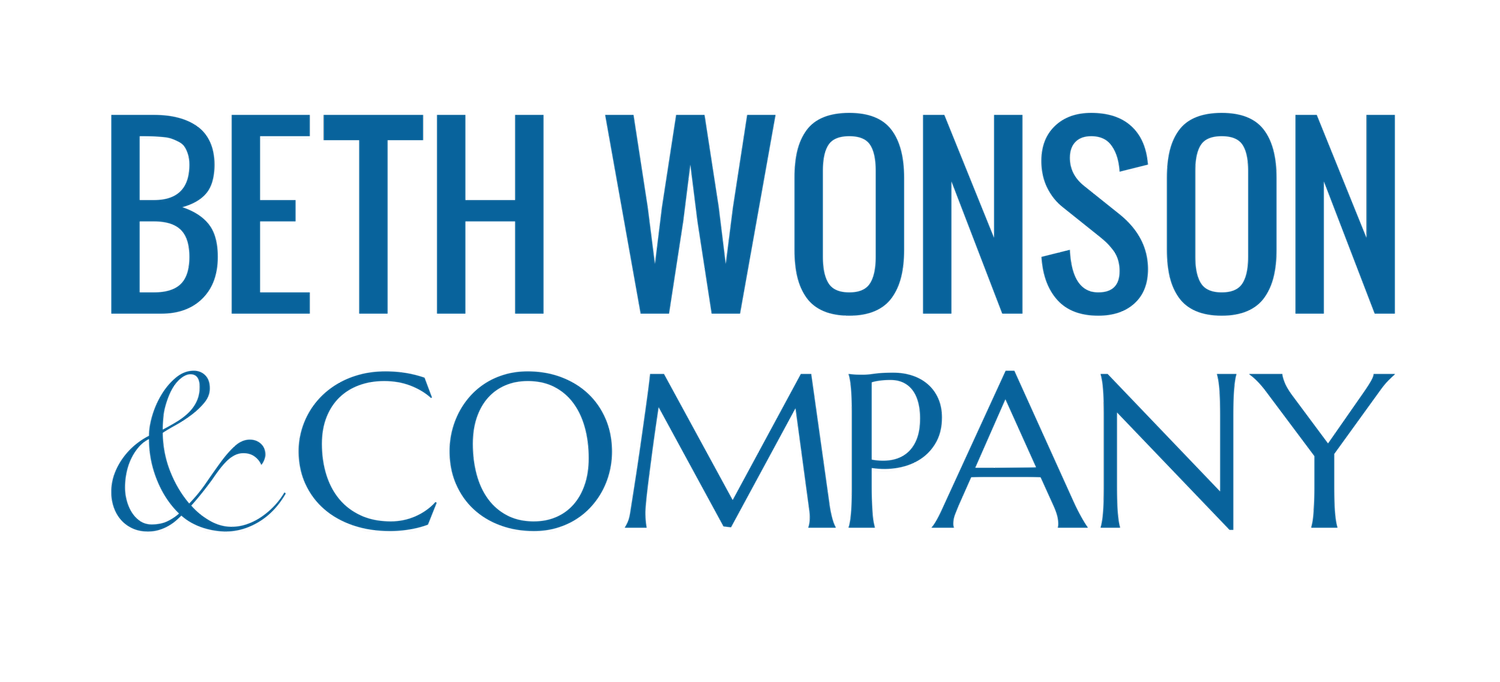“UnCharitable” — Rethinking what we believe about nonprofits
This week’s email message is very simple. My goal is to urge you, regardless of where you work, to take a few minutes to think about nonprofits.
Nonprofits have the greatest potential to solve the complex problems we are facing. And yet, they are being strangled by what we believe about them.
We (the collective we) believe that:
Employees of nonprofits should be paid less than those who work in the corporate world.
Leaders of nonprofits should be compensated at a lower level than their corporate peers who are considered “thought leaders”.
Nonprofits should keep overhead low by finding consultants in the advertising/marketing, people development, finance, and legal worlds who are willing to do work for free rather than paying for the best.
Funding should be earned by competing for grants and engaging donors who then demand that their money goes into programs instead of putting anything more than 3% into the infrastructure and operations required for them to be effective at solving our most complex problems.
It is time for all of us to start asking different questions of nonprofits.
Instead of “How low is your overhead?” and “How much money goes to programs?”, we need to ask:
“How can you hire the best thinkers, dreamers, planners, and program leaders who can increase sustainability and put you on a solid trajectory to have impact?”
“What calculated risks can you try to make change?”
“What might be different if you spent a solid year doing fewer programs while focusing on how running programs with more efficiency and effectiveness in the future?”
To start, I encourage you to watch “UnCharitable”
You can watch the “UnCharitable” documentary on your own device for $5. You will learn how all of us, society as a whole, can benefit by thinking differently about our nonprofits. And how we should be encouraging nonprofits to invest deeply in the same infrastructures that have helped Amazon, Nike, Alphabet and other forprofits innovate.
You will begin to see the potential good that can come when nonprofits operate as social good enterprise organizations who have similar capitalist needs in terms of delivering their work, making change, and recruiting who they need to have at the table (donors and employees).
Even if you, like me, work in the forprofit sector, the quality of your life and the lives of those you care about have the potential to be positively impacted daily by the work of nonprofits.
So why do we hold them back with our old ways of thinking of charity?
I believe it is beyond time for all of us to develop a deeper understanding of how over 1.5 million nonprofits in the US are doing the best they can with one hand tied behind their backs. Their hands being tied by how we (government and donors) attach conditions to funding and how we judge their success.
Let’s make non profits stronger, more creative, less risk adverse, and allow them to do what they can do best: impact the most complex challenges we face as a society.
Check out “Uncharitable - How Restraints on Nonprofits Undermine Their Potential” directed by Stephen Gyllenhaal and based on the book by the same name, by Dan Pallotta and let me know your thoughts.
Learn more here: https://uncharitablemovie.com/about/
Have a Question? Let’s Talk Today
You may be facing a challenge or weighing an action and aren’t sure where to start, or what a solution even looks like. Contact Beth today! It’s 100% confidential so you can freely discuss the challenges you’re facing and unlock a path forward. Or Get Started with our resources library and books.
